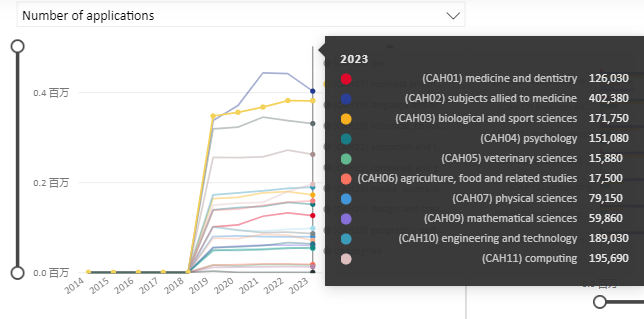經過為(wei) 期一周公開激烈的投票,2024 WSDA全國總決(jue) 賽公共論壇式辯論辯題已火熱出爐!究竟是哪個(ge) 辯題更勝一籌,成功吸引了更多WSDAer們(men) 的眼球呢?
下麵就讓我們(men) 一同來揭曉!
根據由WSDA會(hui) 員投出的有效票數統計,辯題二(Resolved: "Drug patents should be abolished.")最終以高達74.65%的得票率脫穎而出,獲得了更多WSDAer們(men) 的青睞!
那麽(me) ,WSDA賽事組委會(hui) 正式宣布,2024 WSDA全國總決(jue) 賽公共論壇式辯論的辯題為(wei) :
公共論壇式辯論
Resolved: "Drug patents should be abolished."藥品專(zhuan) 利應該被廢除。
同時,全國總決(jue) 賽Junior即興(xing) 辯論
前兩(liang) 輪的備稿辯題
也在WSDA賽事組委會(hui)
科學的評估與(yu) 專(zhuan) 業(ye) 的商討後正式發布!
Junior 即興(xing) 辯論 - Round 1
Resolved: "Cities should invest more in public transportationthan in expanding road infrastructure."
城市應該更多地投資於(yu) 公共交通,而不是擴大道路基礎設施。
Junior 即興(xing) 辯論 - Round 2
Resolved: "Colonizing Mars is essential for the survival of humanity."
殖民火星對人類的生存至關(guan) 重要。
各位要征戰全國總決(jue) 賽的辯手們(men) 快快碼住!
開啟一段全新的備賽之旅吧!
公共論壇式辯論#全國總決(jue) 賽辯題解析#
The debate topic, "Drug patents should be abolished," addresses critical issues in the realms of public health, economics, and intellectual property law.
The Purpose of Drug Patents
Drug patents are a form of intellectual property that grants the patent holder exclusive rights to produce, sell, and profit from a new drug for a certain period, typically 20 years from the filing date. The primary purpose of drug patents is to encourage pharmaceutical innovation by allowing companies to recoup the substantial costs associated with research and development (R&D), clinical trials, and regulatory approval processes.
The Pharmaceutical Industry & Patents
Developing new drugs is an expensive and risky endeavor. Pharmaceutical companies invest billions of dollars in R&D, with no guarantee of success. Patents provide a financial incentive by granting a temporary monopoly, allowing companies to set high prices without competition. This exclusivity period is intended to enable companies to recover their investments and fund future research.
A few Arguments for PROs01
Access to Medication: Patents often lead to high drug prices, making essential medications unaffordable for many, especially in low-income countries. Abolishing patents could reduce costs and improve access to life-saving treatments.
Innovation and Competition: Some argue that the current patent system stifles innovation by reducing competition. Without patents, generic manufacturers could produce drugs more cheaply, encouraging competitive pricing and fostering further innovation through alternative business models.
Public Health: Public health should take precedence over corporate profits. Abolishing patents could lead to more equitable health outcomes by ensuring broader access to medications.
Government and Public Funding: Much of pharmaceutical research is funded by public money. Critics argue that the benefits of publicly funded research should be accessible to all, not just profitable for private companies.
A few Arguments for CONs
Incentive for Innovation: Patents are crucial for incentivizing innovation. Without the promise of exclusive rights and the ability to recoup investments, pharmaceutical companies may be less willing to invest in costly and uncertain R&D processes.
Economic Impact: The pharmaceutical industry is a significant economic driver. Abolishing patents could disrupt the industry, leading to job losses and negative economic consequences.
Quality and Safety: Patents ensure that companies invest in the rigorous testing and regulatory approval necessary to ensure the safety and efficacy of new drugs. Without the financial incentives provided by patents, these processes might be compromised.
Alternative Solutions: Instead of abolishing patents, reforms such as compulsory licensing, price controls, or public-private partnerships could balance the need for innovation with the goal of making drugs more affordable and accessible.
The debate over abolishing drug patents is complex, touching on issues of equity, innovation, economic policy, and public health. Both sides present compelling arguments about how best to balance the need for affordable medications with the necessity of encouraging pharmaceutical advancements. As the global demand for accessible healthcare increases, this debate will likely intensify, requiring careful consideration of the trade-offs involved.












評論已經被關(guan) 閉。